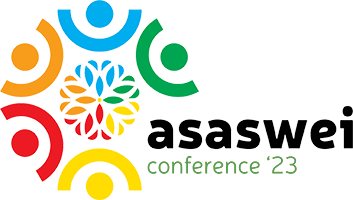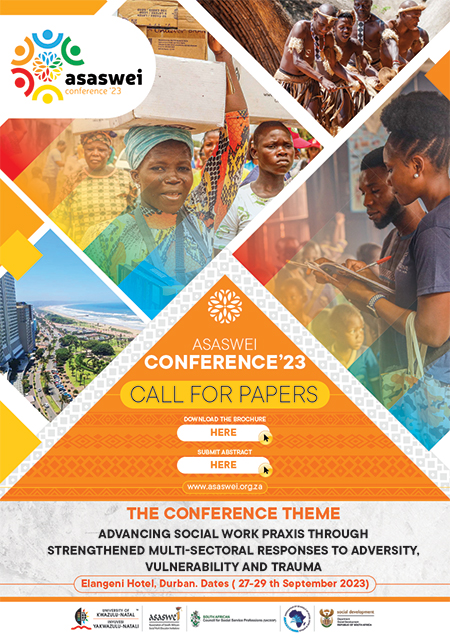The View page displays a submission's general information and data. Watch video
Submission information
Submission Number: 47
Submission ID: 47
Submission UUID: 0c3cf134-514a-4898-8977-cd13408ac8c6
Submission URI: /2023/abstracts
Created: Sat, 05/20/2023 - 17:49
Completed: Sat, 05/20/2023 - 17:55
Changed: Fri, 07/28/2023 - 19:26
Remote IP address: 72.36.119.114
Submitted by: Anonymous
Language: English
Is draft: No
Current page: Complete
Webform: Abstract
Presenters
Dr.
Kubanga
Kefentse
The University of Alabama
Kefentse P. Kubanga is a PhD Candidate at the University of Alabama School of Social Work. Kefentse is interested in research on economic empowerment interventions. She is also a lecturer of Social Work at the University of Botswana. Her research examines the intersection of economic interventions and resilience among low-income populations. Kefentse is also interested in research around financial social work, microfinance, financial literacy and asset building for low-income populations. Her research also draws from her practice experience as a social welfare officer where she implemented psychosocial support services and programs for vulnerable individuals, families and communities in Gaborone, Botswana.
No
Abstract
Exploring the Efficacy of Microfinance Interventions in Enhancing the Resilience of Low-Income Women in Botswana
THEME 2: Building sustainable, resilient, and self-reliant communities through indigenous modalities, inter-sectoral collaborations, and partnerships
SUB 2.3 Strengthening indigenous economic empowerment structures in responding during and after adverse situations
Oral Presentation
Financial empowerment of low-income populations has long been hailed as a strategy that could foster their long-term resilience. However, little is known about how which microfinance programs are associated with the resilience of low-income women in Botswana. Through the lens of the resilience theory, this phenomenological study explored resilience experiences of 19 low-income women enrolled in a microfinance program. Content analysis was adopted to develop themes around participants` strengths, talents, skills and personal traits they used to overcome adversity. The findings revealed that women`s strengths included being industrious, dexterous and caregivers, and talented in baking, sewing, crocheting and hairdressing. Religion and prayer were a source of hope during difficult times while their entrepreneurial skills were a means of survival. This study demonstrates that interdisciplinary collaborations between microfinance providers and human behavior practitioners could strengthen economic empowerment interventions to leverage on clients` positive attributes to respond to their non-financial needs.
Reviewer ONE Feedback
Prof
Petro
Botha
Yes
Practice
Rejected
Reviewer TWO Feedback
Dr
Nkosiyazi
Dube
Yes
Empirical Research
Accepted

